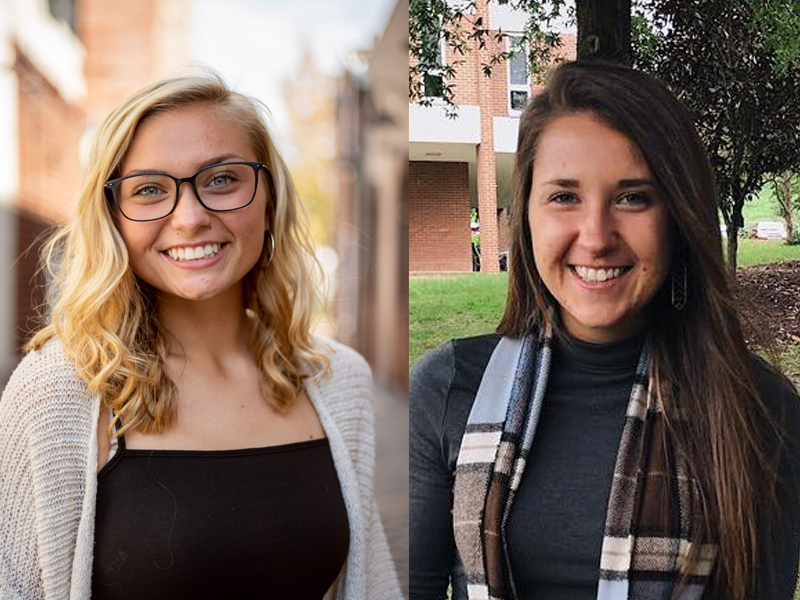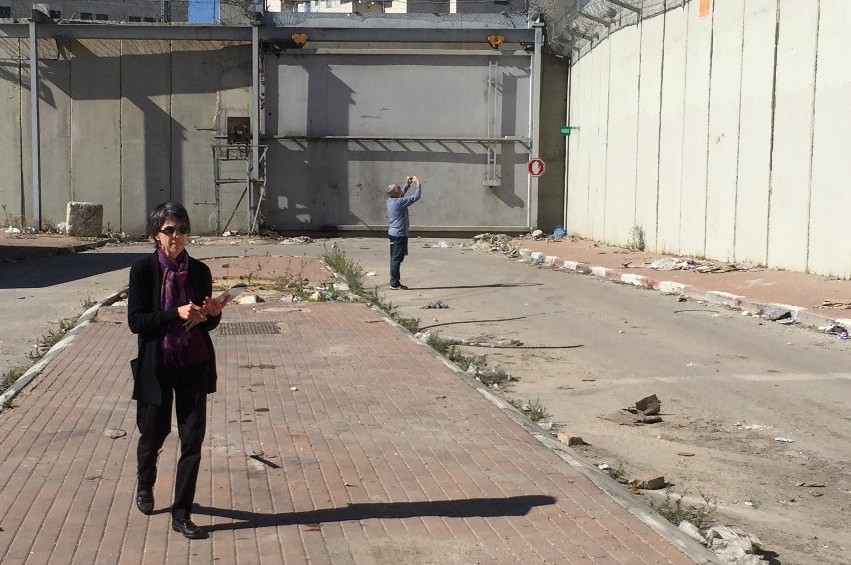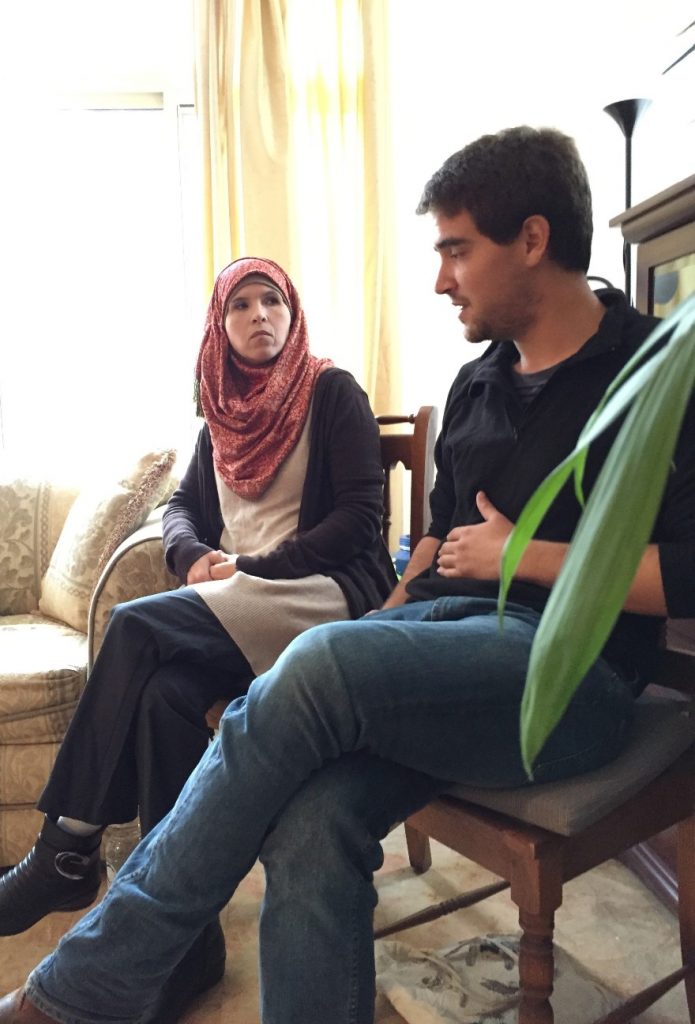
Megan and Alyssa Breidigan of Vincent Mennonite Church (Spring City, PA) have received Everence Financial® scholarships of $1,000 each to pursue degrees at Eastern Mennonite University in Harrisonburg, VA. “I believe this is the first time we have had sisters that have been chosen as our Souderton office’s college scholarship recipients,” reported Leah Ludwig of Everence.
The sisters were among 45 recipients of Everence college scholarships for the 2020-2021 academic year. The scholarship program encourages young people to explore the integration of faith and finances while helping them on their educational journeys.
About 210 students from across the country applied for scholarships for 2020-2021. Recipients were chosen based on participation and leadership in school-related activities and community activities, along with responses to an essay question.
“Everence recognizes these students for their academic achievements, as well as their service to their communities,” said Kenda Mishler, Member Benefits Manager. “A college degree provides a wider range of career options but attending college also can help students learn valuable skills that benefit them throughout their lives.”One student received a $3,000 scholarship, two received $2,000 scholarships and 42 others received $1,000 scholarships for the upcoming school year. For a complete list of scholarship recipients and their photos, visit everence.com.










 Earlier this year, for three weeks, I took the time to re-immerse myself in Spanish. I chose a school removed from familiar communities so that I’d have to be a student only. Though I did some work from Mexico, my immediate environment was school and navigating through an attempted Spanish upgrade. It was both humbling and invigorating.
Earlier this year, for three weeks, I took the time to re-immerse myself in Spanish. I chose a school removed from familiar communities so that I’d have to be a student only. Though I did some work from Mexico, my immediate environment was school and navigating through an attempted Spanish upgrade. It was both humbling and invigorating. While studying, I was reminded of the beauty and brokenness of the world. As a student in a secular language school, I found many people seeking and searching. My co-learners came from all over the world to a small city in Mexico’s Yucatán Peninsula to learn, to relax, to find something. I was invigorated by learning alongside them in their search. Admittedly, more often than not, the church was far from conversation and their search. Some were curious about my work and spirituality. Others avoided the conversation even when it surfaced.
While studying, I was reminded of the beauty and brokenness of the world. As a student in a secular language school, I found many people seeking and searching. My co-learners came from all over the world to a small city in Mexico’s Yucatán Peninsula to learn, to relax, to find something. I was invigorated by learning alongside them in their search. Admittedly, more often than not, the church was far from conversation and their search. Some were curious about my work and spirituality. Others avoided the conversation even when it surfaced. But in these three weeks, I was reminded of my own call to serve the church as a pastor. It was a reminder of the commitments that I made to search out ways that the Gospel might really mean hope, freedom, and redemption for persons who are seeking and stumbling, for those who need comfort as well as those who need to be discomforted. It was a reminder to pay attention to all that is beautiful and broken, to find times when I might also be able to say as Jesus did, “the reign of God is near.”
But in these three weeks, I was reminded of my own call to serve the church as a pastor. It was a reminder of the commitments that I made to search out ways that the Gospel might really mean hope, freedom, and redemption for persons who are seeking and stumbling, for those who need comfort as well as those who need to be discomforted. It was a reminder to pay attention to all that is beautiful and broken, to find times when I might also be able to say as Jesus did, “the reign of God is near.”

